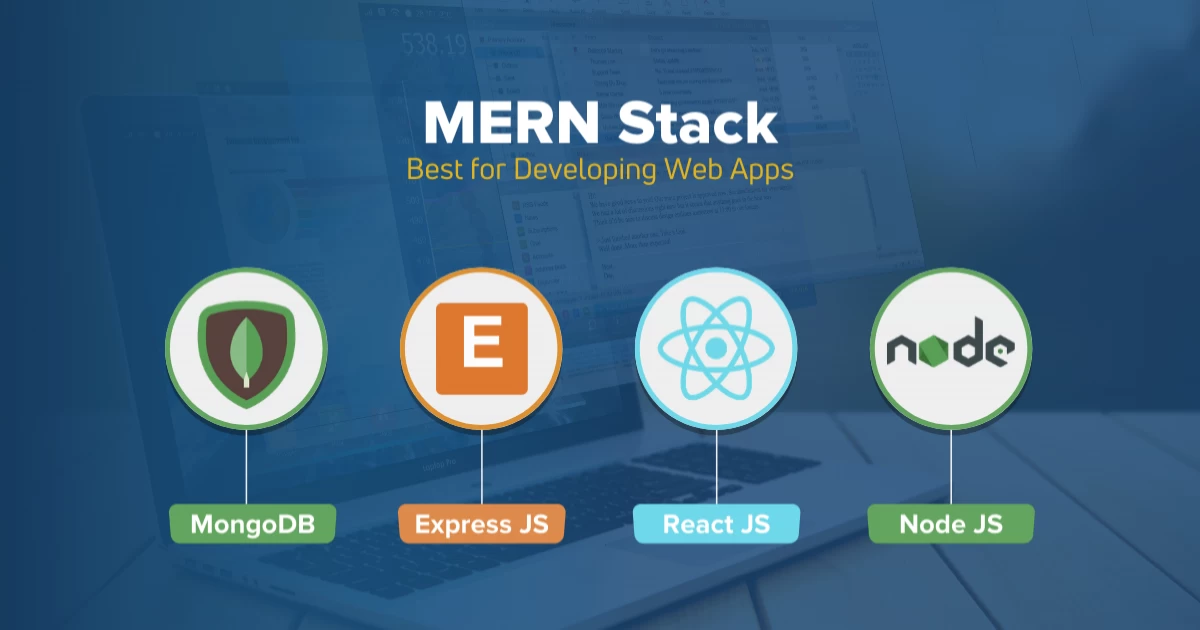
How Long Does It Take to Learn MERN Stack?
Learning a new technology stack can be both exciting and challenging. The MERN stack is one of the most popular full-stack web development frameworks used by developers today. It includes MongoDB, Express, React, and Node.js, and mastering it requires time, dedication, and practice. In this article, we'll explore how long it might take you to learn the MERN stack and provide some tips to help you get started.
How Long Does It Take to Learn MERN Stack?
The time it takes to learn the MERN stack depends on your current level of experience and dedication to the learning process. For those who have experience in web development and are proficient in JavaScript, HTML, and CSS, it could take a few months to become proficient in the MERN stack. However, for those who are new to web development, it could take up to a year or more.
To become proficient in the MERN stack, you will need to start by learning the basics of JavaScript, HTML, and CSS, which are the building blocks of web development. Once you have a solid foundation in these technologies, you can start learning the MERN stack. Here's a breakdown of what you will need to learn to become proficient in the MERN stack:
- MongoDB: MongoDB is a popular NoSQL database used in MERN stack development. To learn MongoDB, you will need to understand its data modeling principles, CRUD operations, indexing, and aggregation.
- Express: Express is a flexible and minimalist Node.js web application framework used in MERN stack development. To learn Express, you will need to understand its routing system, middleware, and templating engines.
- React: React is a popular JavaScript library used in MERN stack development for building user interfaces. To learn React, you will need to understand its components, state management, and JSX syntax.
- Node.js: Node.js is an open-source, cross-platform JavaScript runtime environment used in MERN stack development. To learn Node.js, you will need to understand its event-driven architecture, modules, and package management system.
Additionally, you may need to learn other technologies and frameworks commonly used in MERN stack development, such as Redux, GraphQL, and Webpack.
Tips to Learn MERN Stack Faster
- Start with the basics: Before diving into the MERN stack, make sure you have a solid understanding of JavaScript, HTML, and CSS. These are the building blocks of web development and will help you understand the concepts used in the MERN stack.
- Take an online course or tutorial: There are plenty of online courses and tutorials available that can help you learn the MERN stack. Choose one that suits your learning style and pace.
- Attend a coding bootcamp: If you prefer a more intensive learning experience, consider attending a coding bootcamp that specializes in MERN stack development.
- Work on real-world projects: Practice makes perfect, so try to work on real-world projects as much as possible. This will help you gain practical experience and reinforce your learning.
- Join a community: Join online communities, such as forums or social media groups, where you can connect with other developers who are learning or working with the MERN stack. This can be a great way to get support, ask questions, and share ideas.
Conclusion
Learning the MERN stack takes time, dedication, and practice. It's important to start with the basics of web development and then move on to learning the individual components of the MERN stack. Depending on your level of experience, it could take anywhere from a few months to a year or more to become proficient in the MERN stack. By taking online courses, attending coding bootcamps, working on real-world projects, and joining online communities, you can speed up your learning process and gain practical experience.
Ultimately, the key to learning the MERN stack (or any technology stack) is to be persistent, patient, and enjoy the learning process. With time and practice, you'll be able to build powerful, scalable web applications with the MERN stack.




Comments
No comments yet.
Add Comment